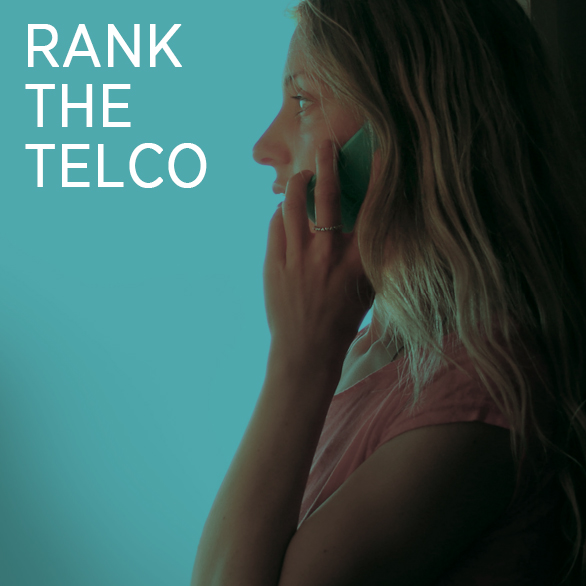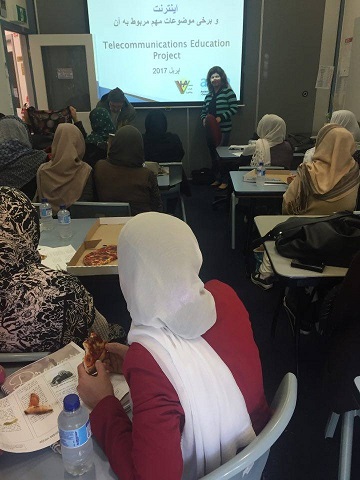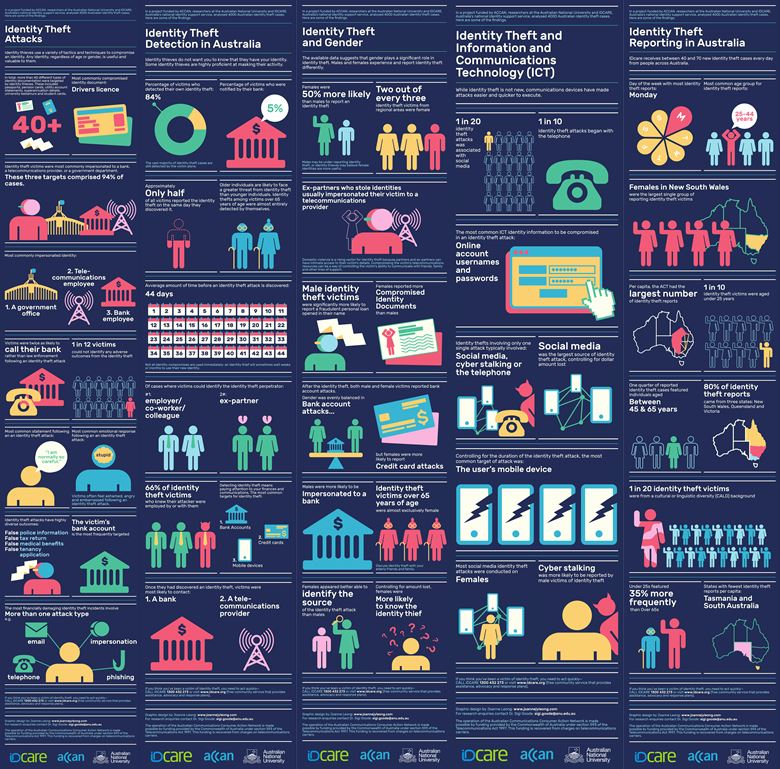Home
- Details
What is Foxtel Play?
Foxtel Play is a subscription video on demand service provider that allows consumers to watch video entertainment online. Key information about this provider includes:
- The service is operated by Foxtel, Australia’s largest pay television provider
- The content is largely a selection of videos aired on Foxtel’s pay television service.
How can I join and play videos using Foxtel Play?
To join Foxtel Play, you will need a credit or debit card.
- Go to the Foxtel Play website
- Select the ‘Get your 2 week free trial now’ button
- Follow the on-screen prompts
Note: If you do not want to be charged for using the Foxtel service, you will need to cancel before the end of your 2-week free trial.
To watch Foxtel Play, you will need a device that is:
- Connected to the internet
- Capable of running a web browser or a Foxtel Play app
Devices can include:
- Smart TV
- Game console
- Smartphone or tablet
- Desktop or laptop computer
Specific information can be found on the Foxtel Play home page.
What accessibility features are common to playing videos online?
There are two main features that support the playback of online videos in an accessible way:
- Captions: this is the text version of speech and other sound that can be provided on videos. Captions can be either open (which means the captions are always on) or closed (which allows the consumer to turn the captions on or off).
- Audio description: this is when spoken narration is used to describe visual content. Narration is usually included between bits of dialogue and can be used to describe visual elements such as scenes, settings, actions and costumes.
In addition, the World Wide Web Consortium (W3C) has produced the Web Content Accessibility Guidelines (WCAG) 2.0 to make sure that creators of web and app content can include accessibility features such as captions, audio description and an accessible interface for assistive technology users. A simplified version of this standard is also available.
How accessible is Foxtel Play?
According to research conducted by Curtin University, Perth:
- Closed captions are currently not available on this Foxtel service.
- Audio described content is currently not available on this Foxtel service.
- The website and apps on devices such as tablets are not entirely WCAG 2.0 compliant, meaning that some users are likely to experience difficulties in finding and playing video content with their assistive technologies.
What tips and tricks can I use to overcome the accessibility barriers on Foxtel Play?
Here are some tips and tricks provided by consumers that have used Foxtel Play to maximise your accessibility:
- Try a different device: consumers have indicated that some platforms may be easier to use with assistive technologies than others. For example, if you are having difficulty with the website, the app on an Android-based tablet or an iOS device such as an iPad may work better with the device’s built-in accessibility features
- Watch Foxtel pay television instead: the broadcast channels of Foxtel provide closed caption content, and as such this may be a better alternative than the streaming service if there are specific shows you enjoy that are only available on Foxtel.
Are there more accessible video on demand services available?
There are a number of different subscription video on demand services available to consumers, and these services offer different accessible content. With most services offering some form of free trial, it may be worth testing a service to determine which one works best for you. In addition to this tip sheet, Curtin University has also created tip sheets for Stan, Presto, Quickflix and Netflix Australia.
The video I want to play is not accessible. What can I do?
If you are unable to find or play a video due to accessibility issues, there are a number of steps you can take to voice your concerns. Please refer to the Video on Demand Subscription Services: Accessibility and Your Consumer Rights tip sheet created by Curtin University as part of this series or follow the links in the help section below.
Where can I get additional help and information?
For additional help regarding Foxtel Play, you can go to Foxtel Play Support. There are also opportunities for consumers to discuss service issues.
The operation of the Australian Communications Consumer Action Network is made possible by funding provided by the Commonwealth of Australia under section 593 of the Telecommunications Act 1997. This funding is recovered from charges on telecommunications carriers.
- Details
What is a video on demand subscription service?
A video on demand subscription service provides consumers with the ability to watch videos online for a regular subscription fee, usually monthly. The term ‘videos’ can include TV shows and movies.
What accessibility features are common to playing videos online?
There are two main features that support the playback of online videos in an accessible way:
- Captions: this is the text version of speech and other sound that can be provided on videos. Captions can be either open (which means the captions are always on) or closed (which allows the consumer to turn the captions on or off).
- Audio description: this is when spoken narration is used to describe visual content. Narration is usually included between bits of dialogue and can be used to describe visual elements such as scenes, settings, actions and costumes.
In addition, the World Wide Web Consortium (W3C) has produced the Web Content Accessibility Guidelines (WCAG) 2.0 to make sure that creators of web and app content can include accessibility features such as captions, audio description and an accessible interface for assistive technology users. A simplified version of this standard is also available.
How do different subscription services compare?
According to research conducted by Curtin University in Perth, the following table highlights the five most popular subscription services in Australia and their accessibility as of mid-2016. More detail on these services are highlighted in other Tip Sheets.
| Provider | Captions? | Audio description? | WCAG 2.0 compliant? |
| Netflix Australia | Yes (most titles) | Yes (limited titles) | No |
| Stan | Yes (some titles) | No | No |
| Quickflix | Yes (few titles, difficult to identify) | No | No |
| Presto | No | No | No |
| Foxtel Play | No | No | No |
The video I want to play is not accessible. What are my consumer rights?
Currently there is no specific law in Australia that applies to the accessibility of subscription video on demand services. There are, however, some important facts to be aware of which may help support your viewing choices and can potentially provide an opportunity to raise concerns about this issue.
- Policies and legislation in the United States require high levels of accessibility in video on demand services. As such, USA-based services such as Netflix feature more accessibility and are likely to continue increasing their accessible content.
- Broadcast (‘free-to-air’) television in Australia is required to provide captioning under specific circumstances. As such, several cases have been lodged with the Australian Human Rights Commission arguing that online video should also be made accessible. This may result in improvements in the future for Australian-based services.
- While there is no specific Australian law that relates to the inclusion of accessibility in content delivered online, Section 24 of the Disability Discrimination Act 1992 does require that information should be provided to people with disabilities, and this is what has formed the basis for legal challenges.
- Some video on demand subscription providers such as Presto and Foxtel Play have community boards which can provide a mechanism to complain directly to the provider if there is a lack of access.
- Audio described content has been trialled in Australia on the ABC broadcast service and ABC iview free streaming service, suggesting that there is some progress being made in increasing the awareness of online audio described content in Australia.
The operation of the Australian Communications Consumer Action Network is made possible by funding provided by the Commonwealth of Australia under section 593 of the Telecommunications Act 1997. This funding is recovered from charges on telecommunications carriers.
- Details
The CEOs of ACCAN, the South Australian Council of Social Services (SACOSS), and Financial Counsellors Australia (FCA) have sent a joint letter to the major political parties calling for an urgent review of the Centrelink Telephone Allowance (CTA). See below for a link to download the letter that was sent to the political parties.
The letter is accompanied by a preliminary data briefing report by ACCAN and SACOSS on the adequacy of the CTA, based on a survey of 523 low-income Australians. The survey found that many low-income consumers are struggling to pay their telecommunications costs, and that the CTA is not adequate to alleviate this financial difficulty. As a result, the report recommends that all parties and candidates in the Federal Election:
Read more: Calling for a review of the Centrelink Telephone Allowance
Write comment (0 Comments)- Details
A group of community organisations is calling the future Federal Government to increase assistance to people and families on low incomes in light of new data highlighting telecommunications exclusion.
The Australian Communications Consumer Action Network (ACCAN), the South Australian Council of Social Service (SACOSS) and Financial Counselling Australia (FCA) are calling for a review of the Centrelink Telephone Allowance (CTA), pointing to the inadequacies of current entitlements in supporting low-income consumers to stay connected to phones and the internet. The CTA is a quarterly allowance designed to help consumers on income support payments to stay connected to telecommunications services.
“In our digital age telecommunications services are just as essential as water and energy,” said ACCAN CEO, Teresa Corbin. “Accessible, available, and affordable communications have the potential to increase the social, economic, and community participation of all Australians. It’s vitally important that all consumers have access to communication services that are affordable so they can take advantage of government services, education and employment opportunities.”
- Details
 ACCAN commissioned the South Australian Council of Social Services (SACOSS) to conduct a research project on the affordability of telecommunications for low-income consumers. The research project was split into two phases: the first phase assessed the adequacy of the Centrelink Telephone Allowance (CTA) and the second phase assessed the extent to which poverty affects the purchasing options of low income consumers. The research found there are many additional costs such as those due to making smaller purchases, reconnection costs and overdue payments. These additional costs are known as the poverty premium.
ACCAN commissioned the South Australian Council of Social Services (SACOSS) to conduct a research project on the affordability of telecommunications for low-income consumers. The research project was split into two phases: the first phase assessed the adequacy of the Centrelink Telephone Allowance (CTA) and the second phase assessed the extent to which poverty affects the purchasing options of low income consumers. The research found there are many additional costs such as those due to making smaller purchases, reconnection costs and overdue payments. These additional costs are known as the poverty premium.
- Details
 Financial and Consumer Rights Council Inc. (FCRC)
Financial and Consumer Rights Council Inc. (FCRC)
Grant round: 2016
Amount: $60,000
- Details

University of Sydney, Charles Perkins Centre
Grant round: 2016
Amount: $59,842.30
Read more: Finding peace of mind: Navigating the marketplace of mental health apps
- Details
 Queensland University of Technology, Digital Media Research Centre
Queensland University of Technology, Digital Media Research Centre
Grant round: 2016
Amount: $59,860
Read more: Australian consumer access to digital media content
- Details

The Association of Hazaras in Victoria
In partnership with the Victorian Afghan Associations Network
Grant round: 2016
Amount: $7,500
- Details
 We’re pleased to announce the successful Grants for 2016. This year the projects look at a range of communications consumer issues including the ballooning market of mental health apps, the security implications of smart home Internet of Things devices, and ways to assist victims of identity theft.
We’re pleased to announce the successful Grants for 2016. This year the projects look at a range of communications consumer issues including the ballooning market of mental health apps, the security implications of smart home Internet of Things devices, and ways to assist victims of identity theft.
The ACCAN Grants Scheme funds projects which undertake research on telecommunications issues, represent consumers or create educational tools which empower consumers to derive the greatest benefit from telecommunications products and services.
Read more: Introducing the 2016 ACCAN Grants projects
Write comment (0 Comments)- Details
Australian National University, Research School of Management
In partnership with IDCare, and the University of the Sunshine Coast, Centre for Human Factors & Sociotechnical Systems.
Grant round: 2016
Amount: $44,965.50
Read more: Understanding Consumer Identity Theft Risks Across Communications Media
- Details
 Telecommunication services have and are rapidly evolving. ACCAN believes the enhancements to quality of life and economic opportunities from being connected should be available to all consumers.
Telecommunication services have and are rapidly evolving. ACCAN believes the enhancements to quality of life and economic opportunities from being connected should be available to all consumers.
In looking at the future of communication services in Australia it is time for a new focus on consumer needs. The focus to date has centred too much on developments in the telecommunications market and infrastructure rollout. A consumer focus reveals a number of policy gaps that must be addressed now. These are discussed in ACCAN’s new policy position, The Connected Consumer.
Read more: The future of consumer focused communication services
Write comment (0 Comments)
